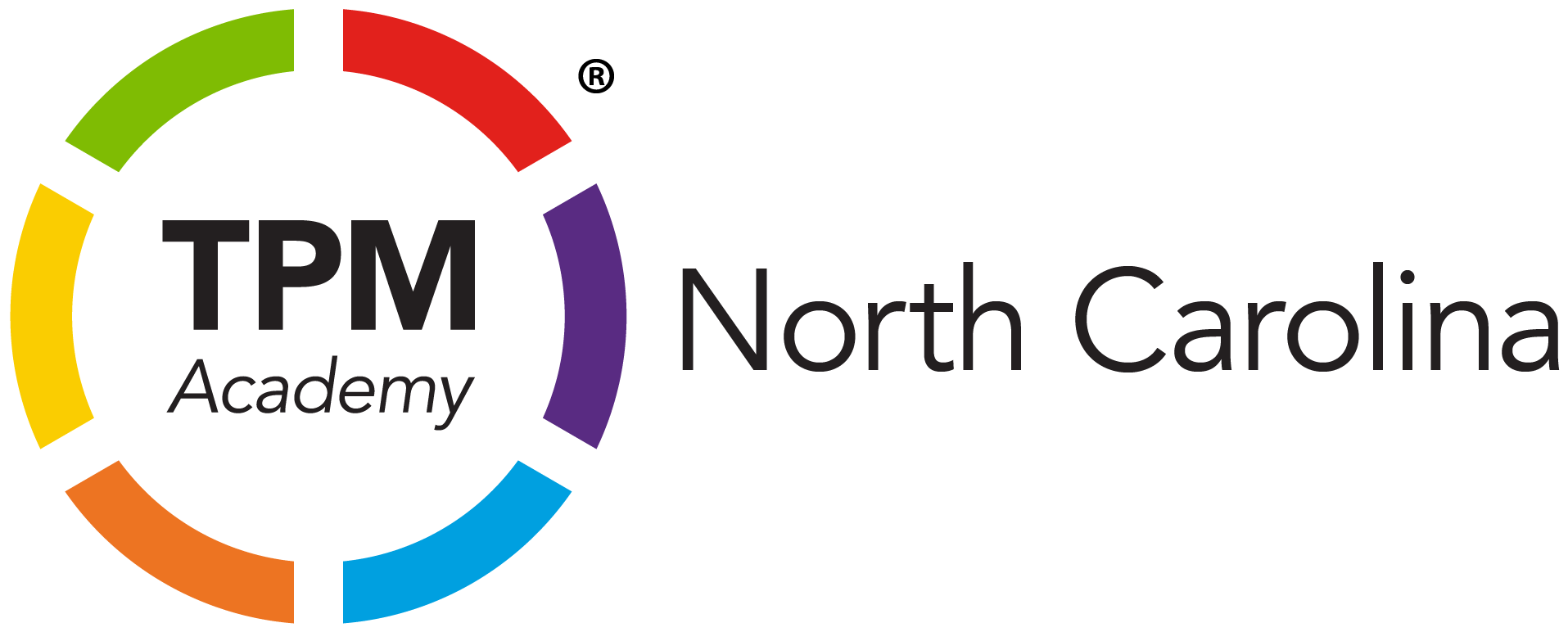TPM Academy Takes First Steps on Talent Pipeline Management

A few weeks ago, the first cohort of the NC Chamber Foundation’s Talent Pipeline Management (TPM) Academy kicked off its work. The 18 participants in this Academy come from all across the state representing businesses, education providers, local chambers of commerce, workforce development boards and more. We had a productive and exciting first meeting, and it was clear that these participants will be some of North Carolina’s most important leaders on workforce development.
TPM is an extensive workforce development program created by the U.S. Chamber of Commerce Foundation and coordinated in our state by the NC Chamber Foundation. The first step to transforming our talent pipelines is training facilitators through the TPM Academy. After completing their Academy training, these 18 local leaders will return to their communities to convene groups of employers with shared workforce needs. The businesses in these collaboratives will follow the TPM curriculum to do collective demand planning, set workforce goals and communicate with all necessary workforce providers to fill workforce needs. Learn more about the program here.
Over the last few years, we’ve heard from members in the same industry and region with shared pain points around hiring and workforce. For example, two manufacturers in the same area each need specific numbers of certified technicians but there is not currently an infrastructure for them to share that information with one another and, collectively, tell education and talent providers exactly what kind of skills those technicians should have. The TPM curriculum will help bring these problems to light and offer a way for employers to develop a shared language around what they need—providing extra clarity for education providers to tailor their programming to the needs of their local community.
In the first two days of the TPM Academy, the participants dove into the most important part of Talent Pipeline Management: forming employer collaboratives. The participants learned and practiced:
- Identifying a need: Each community is different, which is why the NC Chamber Foundation recognized that it had to help build local leadership to solve workforce challenges. Local TPM coordinators will use available data, input from business leaders and local knowledge to identify specific needs that can be met with TPM.
- Collecting data: TPM coordinators will help businesses in an industry or region aggregate data specifically to do demand planning. TPM has comprehensive data collection tools for this task. The role of the coordinator is to build trust among employers and remain focused on the specific workforce goals.
- Making a call to action: TPM coordinators will be community leaders, but they’ll need the support of businesses in their area to succeed. TPM coordinators are learning how to make a strong call to action and rally employers around a common cause.
The TPM Academy cohort will meet for two more sessions in November and January to continue learning how to implement the TPM curriculum in their local areas. We will continue working with these new community leaders as they form employer collaboratives and coordinate with the education community. It’s clear that our partners in education are invested in collaborating on our shared workforce language—thank you especially to the NC Community College System and our Cornerstone member WGU for participating in this training.
TPM will be a powerful step towards solving the skills gap in North Carolina, and we’re excited about how TPM will fit in with other efforts that businesses, education leaders and government are making to address this need.